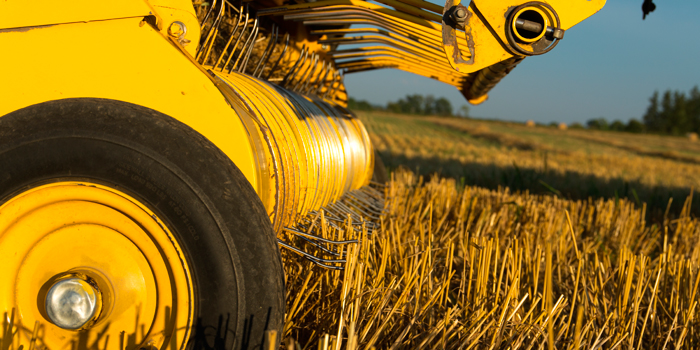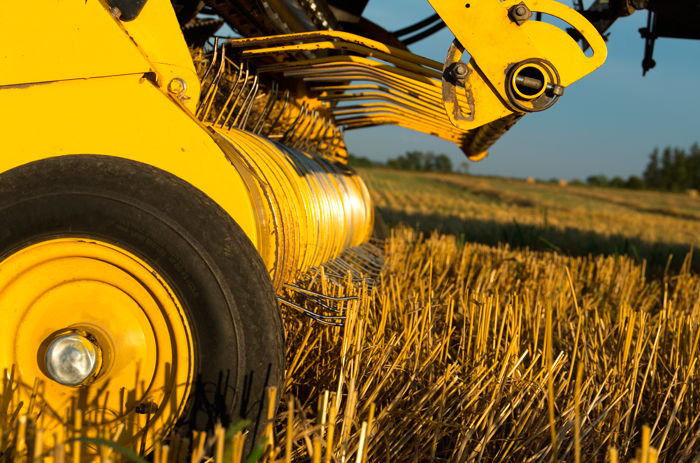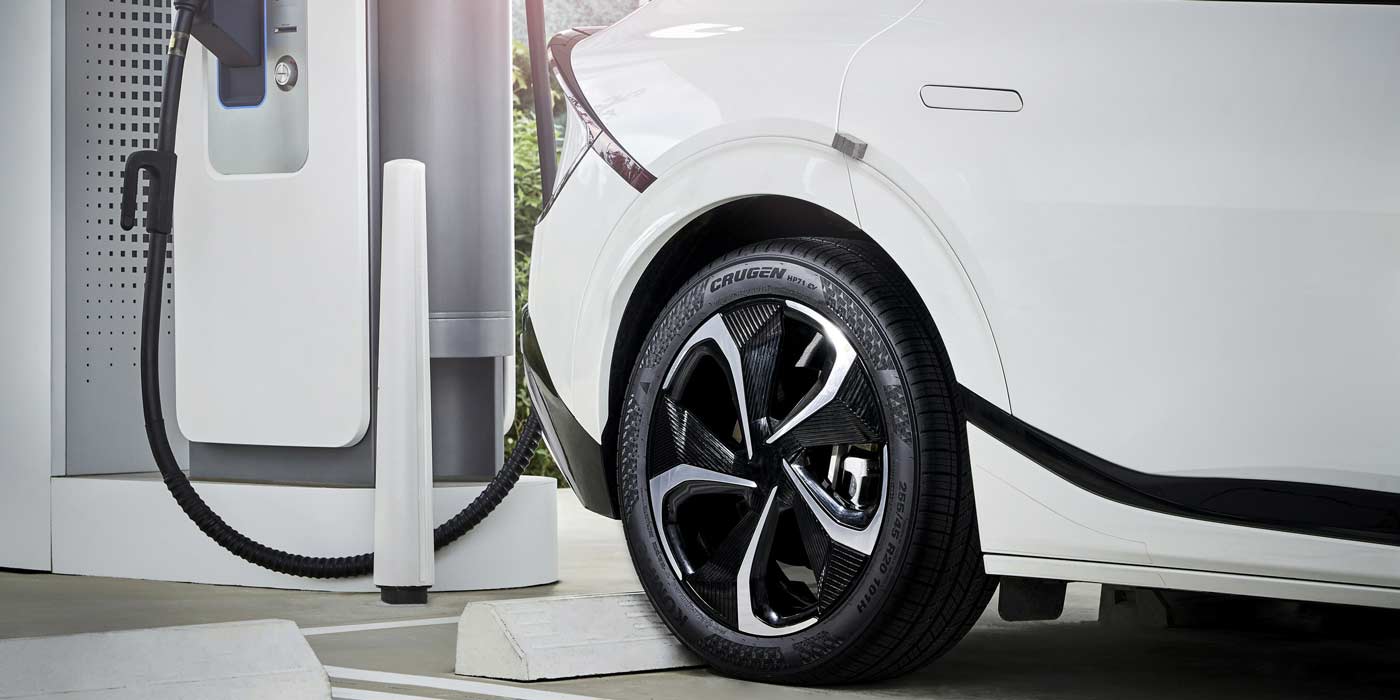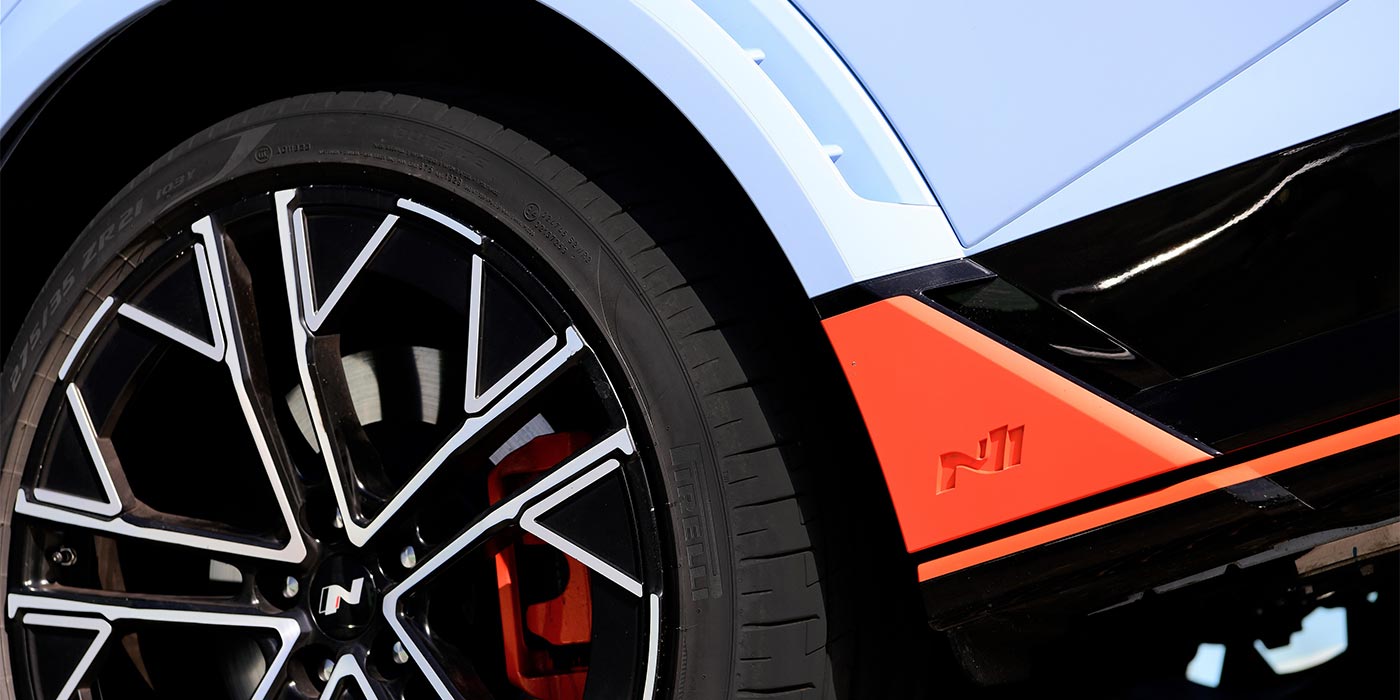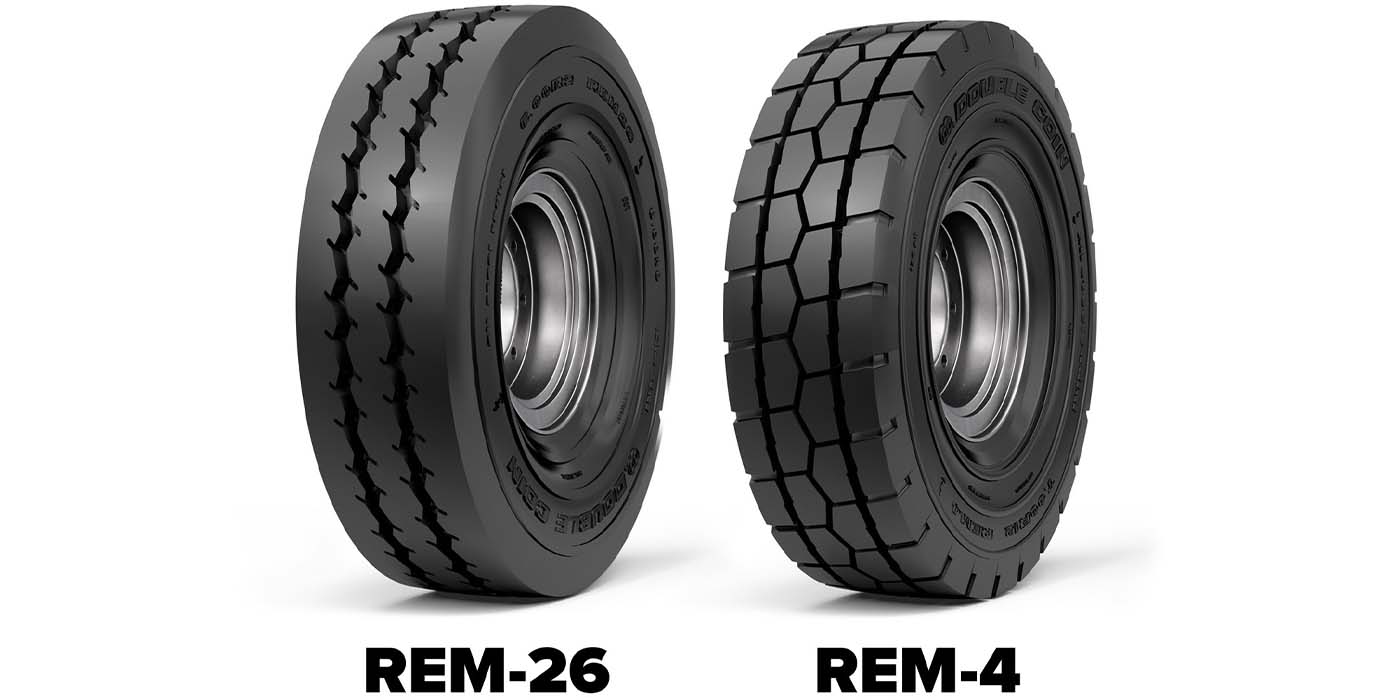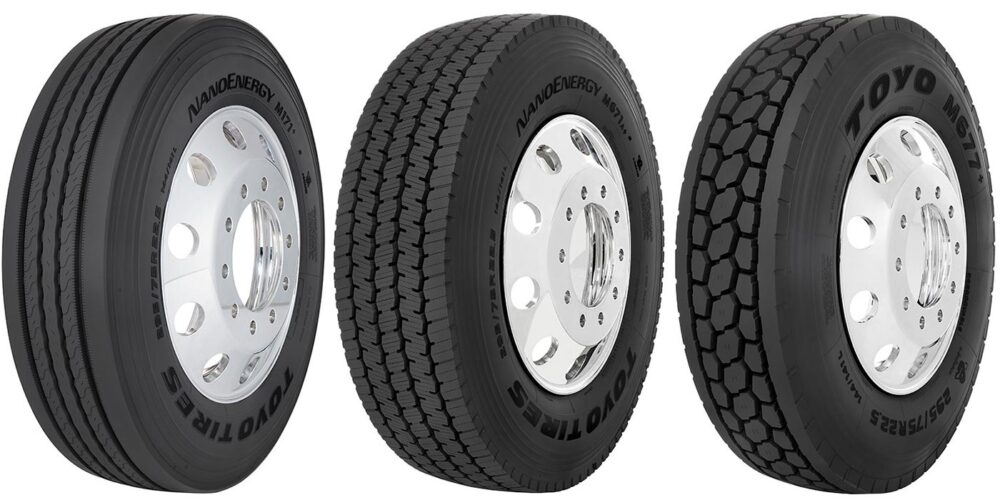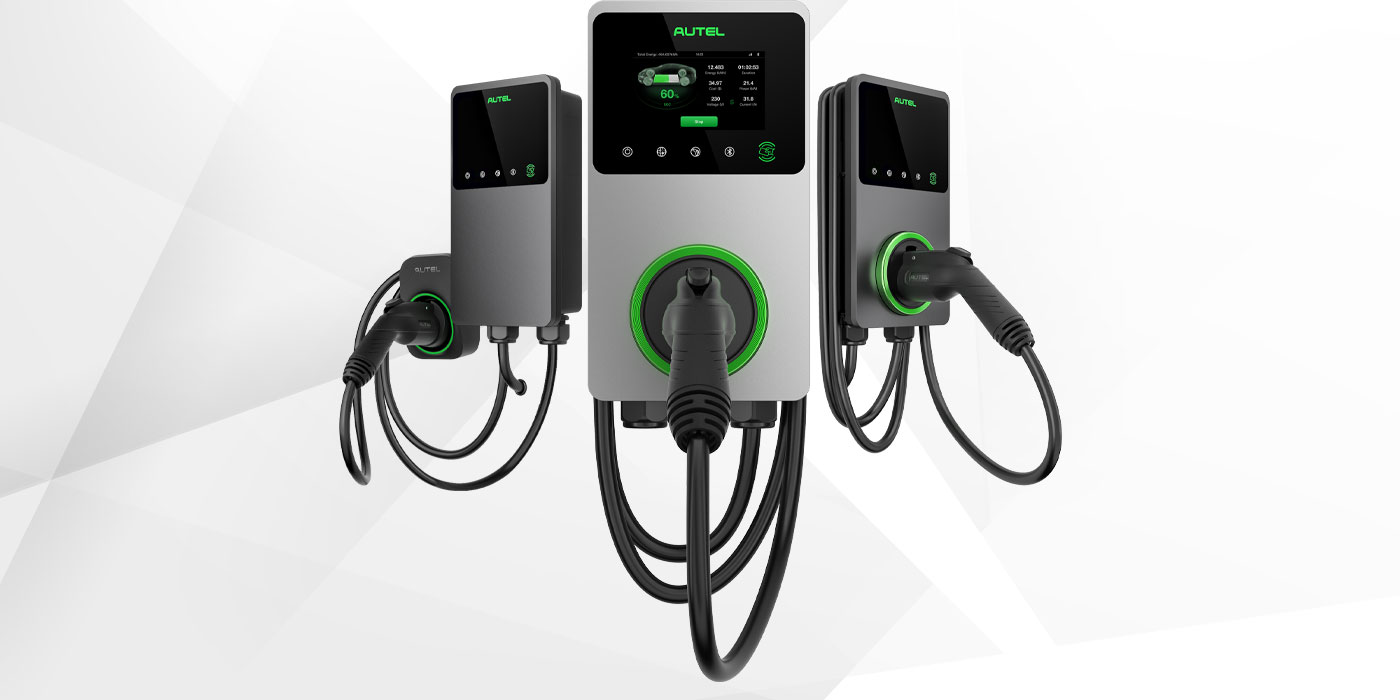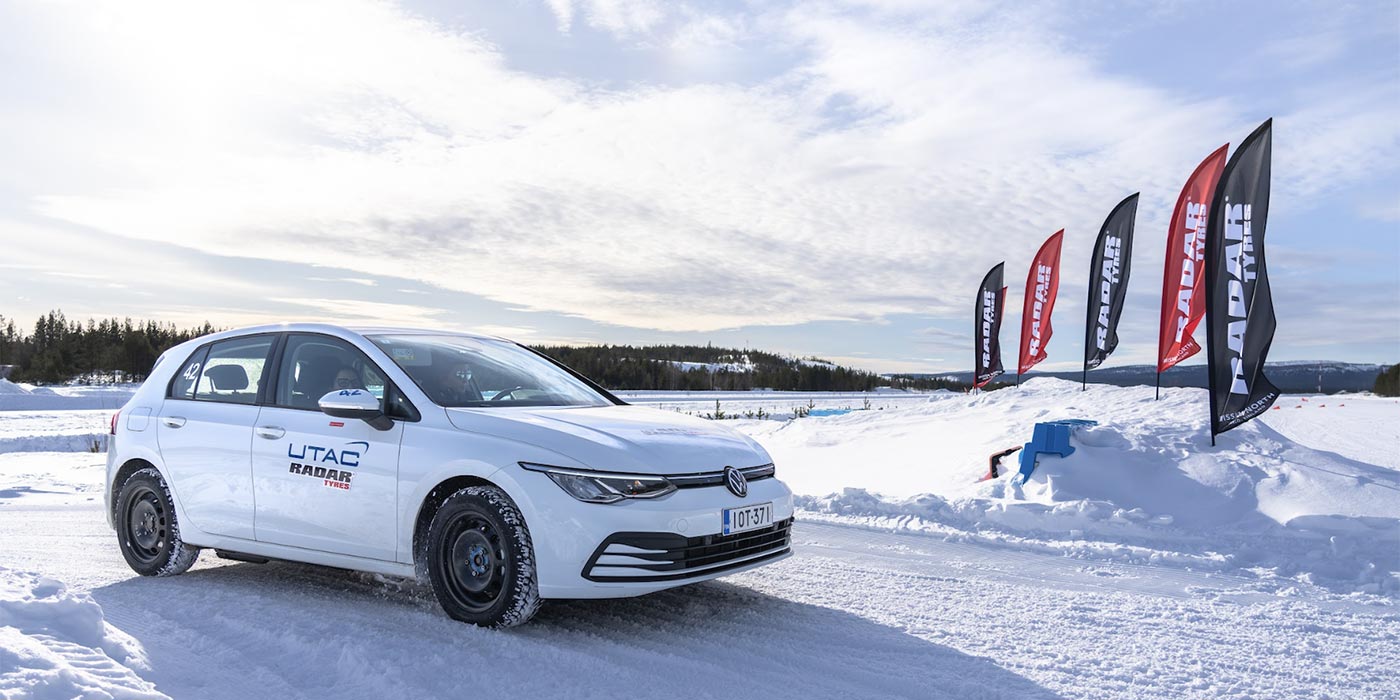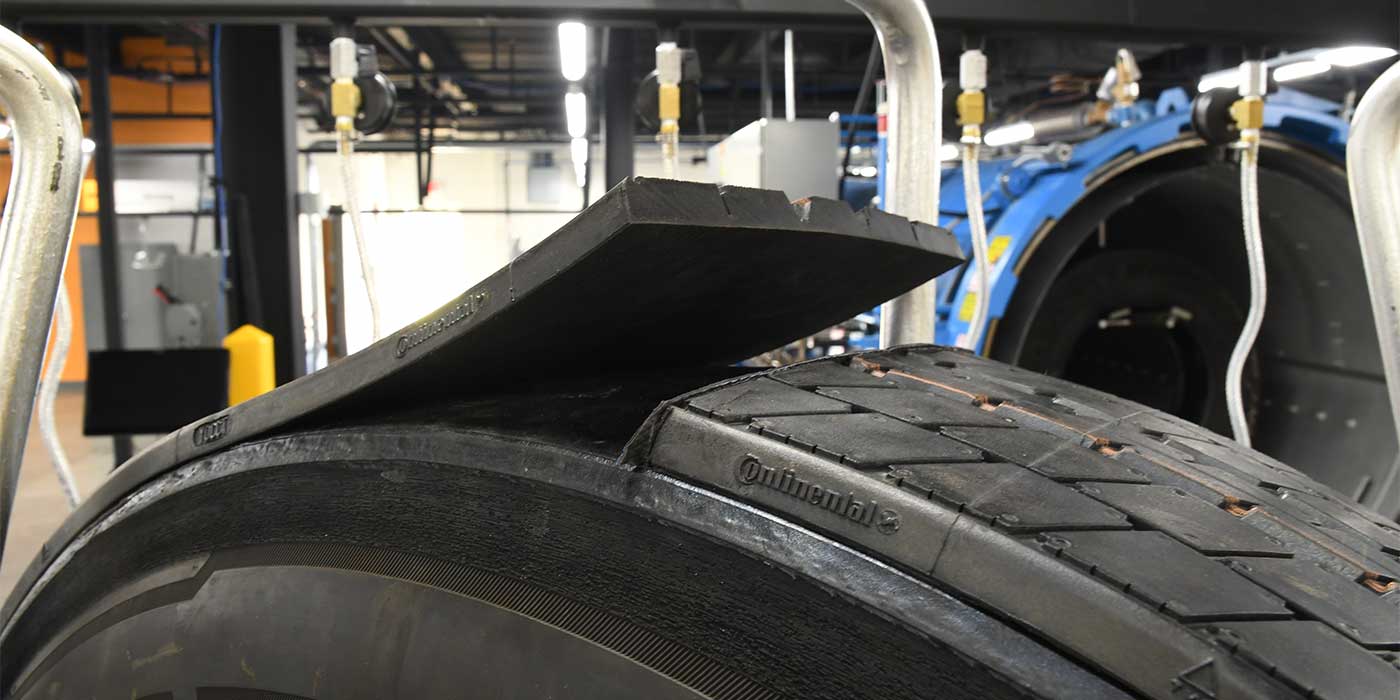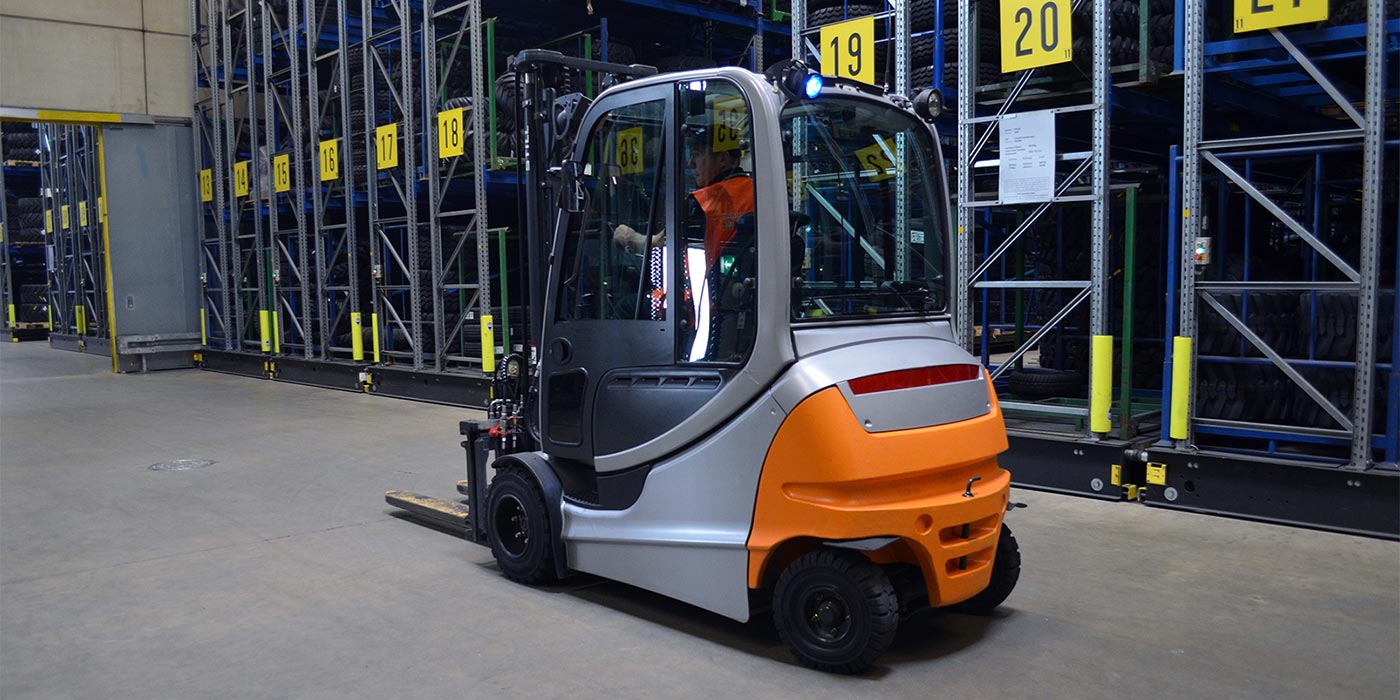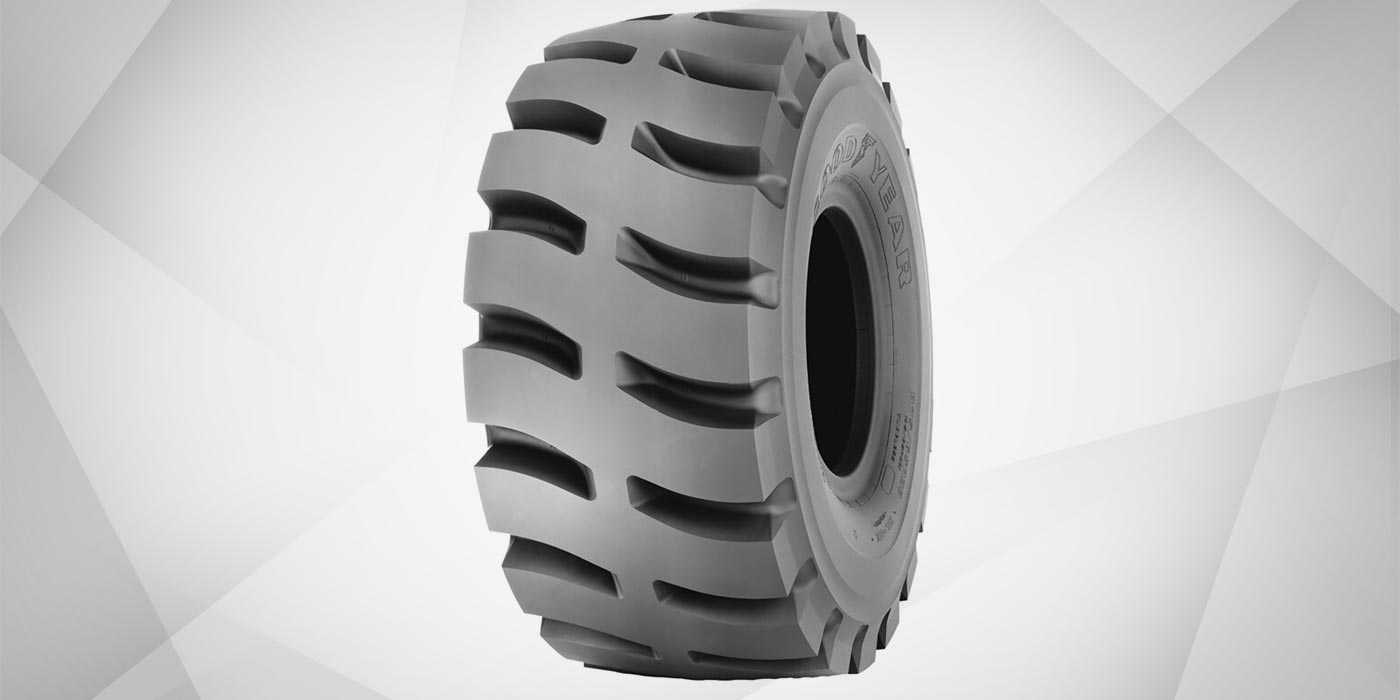The agriculture industry in North America has hit some tough times. This has a trickle down effect to the ag tire industry.
“Next year is going to be challenging,” says Tony Orlando, president of Bridgestone America’s farm tire unit. “As we move into 2017 and through 2020 we think the market will pick up again. This is a cyclical market facing some tough challenges today and in 2016, but we anticipate an increase hopefully at the back end of 2016 and certainly as you move into 2017.”
James Crouch, marketing manager for Michelin North America’s agriculture segment, agrees.
“The next year will be similar to 2015. Things will still be tight for the replacement and original equipment markets as the industry sees the after effects of an impressive few years of new equipment purchases,” he says. “The long term trend is positive, though. The replacement tire market is cyclical and right now we are in a low spot but will soon see an upswing.”
Some challenges facing the industry include commodity prices, tax incentives, legislation, and weather.
“There are many issues facing our industry. Low commodity prices and the overall down market in the agricultural sector have our aftermarket and OE customers looking very close at their bottom lines,” says Scott Sloan, agricultural product manager for Titan International, which produces Goodyear branded ag tires.
Bridestone’s Orlando notes that according to the Bellwether KPI, net farm income has dropped 33% since 2014 and this can be attributed almost directly to lower commodity prices.
“As you think about farm income coming down you, farmers have less discretionary income to spend on new equipment and replacement equipment, including farm tires,” he says.
The reduction of Section 179 tax credits has also impacted the ag tire industry. “The U.S. government used to allow a full depreciation of up to $500,000 on equipment purchased, which lowers your taxable income. That has been reduced, that depreciation expense, from $500,000 to $50,000,” Orlando shares. “That’s really having an adverse effect on the purchasing of new farm equipment.”
Farm support legislation also creates uncertainty with farmers because of its temporary nature, Michelin’s Crouch says. “Farmers, like any other small business, want to have a financial plan in place long before the new year starts. It’s difficult to do this with something the size of the Farm Bill sitting on a desk in Washington,” he says.
Not to be overlooked is the impact weather plays on the agriculture industry as well.
“The drought, especially in California, really takes its toll on the tire industry,” shares Crouch. “Farmers have to make tough decisions now on reducing the amount of acreage planted simply to ration their water supply. This reduction in planted acreage leads to a decrease in equipment usage and a slowdown in the need for replacement tires.”
Enhancing Output
With a growing world population, the need to maximize output per acre will continue to rise. Tire technology will play a critical role in this.
“Equipment manufacturers will continue to produce larger, more efficient machines but the weight of the equipment will continue to climb,” says Crouch. “Spreading that incredible weight over the largest area possible to minimize compaction will be the new challenge.”
One “new” technology is in ag tires is increased flexion (IF) and very high flexion (VF) tires, invented 10 years ago by Michelin. IF and VF tires allow farmers to carry up to 40% more load at the same pressure as a standard radial tire.
“The initial demand for IF and VF tires stem from Europe but are creeping up to the North American doorstep quickly. The weight of equipment today is crippling on a crop. Compaction is something that is getting a lot more attention in North America lately. Compaction restricts the plant’s access to water as well as those very expensive chemicals that are applied throughout its life cycle,” Crouch says.
Titan’s Sloan believes, however, there will be a move away from IF and VF technology in the future.
“This technology, however, relies 100% on the end-user maintaining inflation pressure to benefit from the technology. If the end-user changes implements on the tractor and does not adjust inflation, they will lose any advantage the technology has to offer,” he says. “Our research shows that the majority of end users very rarely check their inflation pressures during the course of a season, so this technology turns into a non-value.”
Titan has developed LSW (low sidewall technology) instead to help farmers. For these LSW tires, Titan, which also produces wheels, creates a larger wheel and lowers the tire’s sidewall. LSW can prevent road lope and is designed to run at a 40% lower inflation pressure than standard tires, Sloan says.
“The advantage to LSW is due to the fact that the tire is physically different, no matter what inflation they are set to, the technology works,” he shares. “Let’s face it, in the real world, producers don’t want to spend hours adjusting inflation, and the LSW will deliver positive results whether the end user pays attention to it or not.”
Tire manufacturers are also very concerned with puncture resistance due to field stubble. Crop hybrids have evolved over time, so these plants are now more rugged and can withstand more extreme conditions than in the past,” says Sloan.
To combat high stubble tiremakers are adding belts and enhancing compounds to increase tire durability.
Farmer’s Expectations
One of a farmer’s biggest concerns, when it comes to tires for their equipment, is that durability.
“There is a high expectation that if you buy a farm tire, its going to last for a long time. Quite a few years. So once it’s in the field, the farmer doesn’t want to be inconvenienced by tire damage or tire failures,” Bridgestone’s Orlando shares.
Michelin’s Crouch agrees. “Farmers expect the same thing out of their tires that they expect out of their tractors: dependability. Just as important as the ability to turn a key and hear the engine turnover is the expectation that the same piece of equipment will roll when required to do so. It is the tire industry’s responsibility to provide a product that will maximize dependability and productivity so farmers can feed a hungry world,” he says.
It’s a tire dealer’s job to get farmers in the right tires and service those tires for those customers.
“Dependability doesn’t stop at just making the service call when the phone rings. It is also in recommending the right tire to fit the need. Tire dealers need to intelligently recommend products that are best for every individual application and operation. Farm tires are a very expensive item and also a very technical one. Something that sounds as simple as setting the correct air pressure in a new farm tire can be the difference between a customer for life and an unhappy one,” Crouch shares.
The tire manufacturers all offer different tools to help enhance dealer’s knowledge when it comes to farm tires.
Bridgestone offers its dealers Firestone University, as well as dealer clinics. “This is where we invite our certified Firestone dealers and their employees into our training center for a week and educate them on farm tires. The different types of farm tires, the right application and how to service the tires,” Orlando shares. Bridgestone’s dealer clinics take place in the field to help dealers provide further education to farmers.
Michelin offers an online dealer training course for its dealers. Once complete Michelin’s sales team will conduct on-site training anytime needed, Crouch says.
“A common form of this is for the dealership to close up shop a little early one day and have our team come in and conduct a hands-on training for all available employees,” he says. “Probably the most effective type of training is the one-on-one time a dealer salesperson will have with our sales team on a regular basis.”

